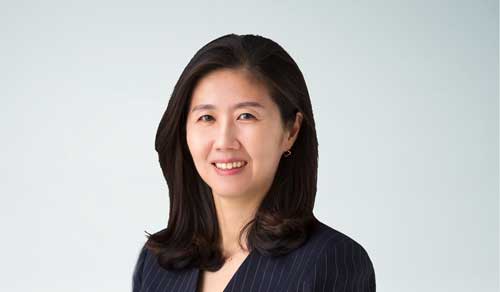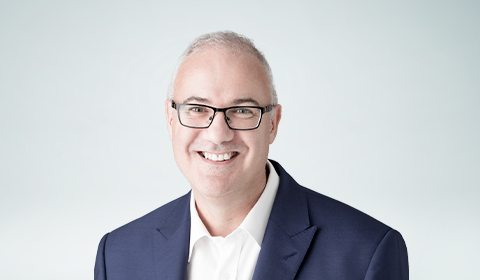Picture this: You are ready to head out of your house, but no matter how hard you look, you can’t find your glasses (or sunglasses) anywhere. Exasperated, you throw your hands up – only to find your glasses resting on top of your head. Sound familiar?
It happens in all parts of life: The solution we seek is often much closer than we think it is. The same holds true for insurers seeking to increase policy sales. While it is logical to look to the uninsured and seek to expand into untapped populations for new business growth, existing customers often provide the best opportunities.
It makes sense really. If people have made the decision to purchase insurance once, wouldn’t they be more likely to do it again? If insurers truly believe in their products and the value those products provide – from peace of mind to long-term financial security – wouldn’t customers who have already experienced these benefits represent a prime market for additional sales? Taking it a step further, how about people who have already made claims on policies and received payment? Does the risk they pose for future claims outweigh the clear sales opportunity they represent?
Cross-selling and upselling to existing customers is of course nothing new – in insurance or any other industry. Historically, however, insurance customers who have made previous hospital claims have been viewed as mostly uninsurable by life and health insurers. They are often classified as impaired regardless of the cause of their claim and denied access to a carrier’s most popular offerings.
In Korea, RGA is challenging this thinking. In a market in which upselling to existing customers is essential to increasing business volume and simplified issue (SI) is the most popular vehicle to sell insurance, eliminating previous claimants from SI consideration means eliminating a potentially substantial growth opportunity. RGA has developed a solution to fill the gap.
Case Study: Claims as a Business
Claimants present an interesting challenge for insurers. On one hand, they have made a claim and therefore may carry greater risk of making claims in the future. On the other hand, the insurer has gained deeper insight into their health history through the claims process. Consider this: Impaired lives among new applicants can more easily slip through SI screening questions than can those with a claims history. Furthermore, claimants in good health – for example, an otherwise healthy individual who has made a claim for a one-time procedure such as having his or her appendix removed – can pose significantly less risk than a new applicant.
So how do you determine which claimants to approach with additional insurance offerings? RGA applied underwriting and data analytics expertise to develop the software, rules, and algorithms to effectively rate the risk profile of claimants. Working with a client in Korea, we ran a list of the insurer’s claimants over five years through a proprietary rules engine to identify potential customers. The insurer then distributed those results to agents for targeted marketing outreach. (Note: We believe this approach could also work well with telemarketing.)
The results were impressive. To begin with, offers were made pre-approved, thus eliminating the possibility of anti-selection. Most importantly, the strategy produced sales conversions many times that of previous upsell campaigns. We assumed claimants would be especially interested in critical illness insurance as a complementary product to their existing coverage, but saw positive sales results for all products – cancer, one-year term life, whole life, etc. And these sales often came with additional unanticipated benefits, such as a sharp increase in referrals to customers’ family and friends.
Successful initiatives follow the same basic formula: identify a problem, define the opportunity, and develop a solution. In Korea we saw a market in which insurers needed to increase the lifetime value of existing customers but were not achieving positive results using their own upsell leads. We then identified a gap in this product-hungry environment, namely customers who had made previous hospital claims – a heretofore neglected segment. Finally, we leveraged RGA’s capabilities and experience as a leading global reinsurer to create a practical solution to tap into this underserved population.
Moving forward, we plan to replicate this “Claims as a Business” success with other clients in Korea and in other markets we serve. In the process, we will continuously refine our rules engine and customize the interface to better integrate with client systems. We see great potential for this solution in the years to come for insurers seeking to better serve their existing customer base.




